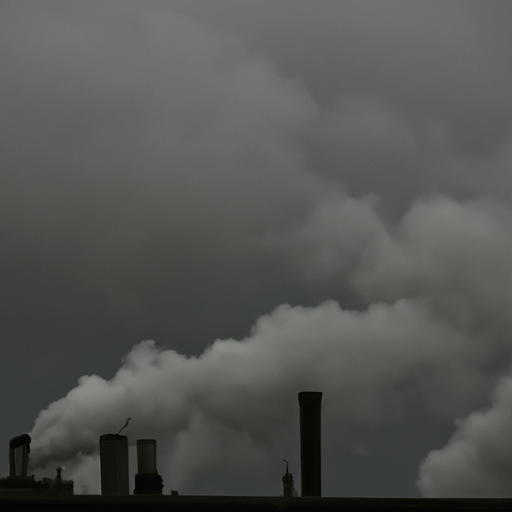The Long-Term Consequences of Industrialization on Our Environment
Industrialization has undeniably impacted our environment in many ways. From air and water quality to biodiversity and climate change, the effects of industrial production on our environment are far-reaching and difficult to ignore. In order to mitigate the harmful impacts of industrialization, we must first understand the ways in which industrial production has changed our relationship with natural resources and how it has affected the environment.
Air and Water Quality
Industrial production has had an immense impact on air and water quality as a result of pollutants released into the atmosphere. These pollutants include chemicals, gases, and particulate matter, all of which can have negative impacts on human health, ecosystems, and wildlife. Additionally, industrial production has greatly increased carbon dioxide and other greenhouse gas emissions, which have been linked to climate change. In order to address the negative impacts of industrial production on air and water quality, industrial processes must be redesigned to reduce pollution and emissions.
Biodiversity
Industrial production has also had a negative impact on biodiversity. The destruction of habitats for industrial development has caused a decline in species populations and the loss of biodiversity. Additionally, industrial pollutants such as chemicals and particulate matter can also negatively affect wildlife, leading to a decrease in biodiversity. In order to address the negative effects of industrial production on biodiversity, industrial processes must be redesigned to reduce pollution and habitat destruction.
Climate Change
Industrial production has had a significant impact on climate change. The release of greenhouse gases such as carbon dioxide into the atmosphere has caused global temperatures to rise, leading to a number of climate-related issues such as sea-level rise, extreme weather events, and droughts. In order to address the negative impacts of industrial production on climate change, industrial processes must be redesigned to reduce emissions and increase energy efficiency.
Potential Solutions
In order to mitigate the harmful impacts of industrialization on our environment, a number of potential solutions must be implemented. Governments must work to implement regulations that limit the amount of pollutants released into the atmosphere, as well as policies that encourage the use of renewable energy sources. Additionally, businesses must be encouraged to adopt eco-friendly practices, such as reducing their carbon footprint and using sustainable materials. Finally, individuals must be educated on the importance of conserving natural resources and reducing their own personal impact on the environment.
Industrialization has had a profound impact on our environment, from air and water quality to biodiversity and climate change. In order to mitigate the harmful impacts of industrialization, governments, businesses, and individuals must work together to implement regulations, policies, and practices that reduce pollutants and emissions and promote the use of renewable energy sources.

















Comments
Leave a Comment